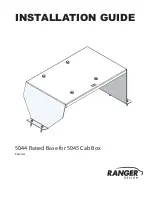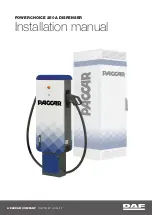
97
Child Restraints
Everyone in your vehicle needs to be buckled
up at all times, including babies and chil
-
dren. Every state in the United States, and
every Canadian province, requires that small
children ride in proper restraint systems.
This is the law, and you can be prosecuted
for ignoring it.
Children 12 years or younger should ride
properly buckled up in a rear seat, if avail
-
able. According to crash statistics, children
are safer when properly restrained in the rear
seats rather than in the front.
There are different sizes and types of
restraints for children from newborn size to
the child almost large enough for an adult
safety belt. Always check the child seat
Owner’s Manual to make sure you have the
correct seat for your child. Carefully read and
follow all the instructions and warnings in
the child restraint Owner’s Manual and on all
the labels attached to the child restraint.
Before buying any restraint system, make
sure that it has a label certifying that it
meets all applicable Safety Standards. You
should also make sure that you can install it
in the vehicle where you will use it.
NOTE:
For additional information, refer to
www.nhtsa.gov/parents-and-caregivers
or
call: 1–888–327–4236
Canadian residents should refer to Trans
-
port Canada’s website for additional infor
-
mation:
motorvehiclesafety/safedrivers-child
WARNING!
In a collision, an unrestrained child can
become a projectile inside the vehicle. The
force required to hold even an infant on
your lap could become so great that you
could not hold the child, no matter how
strong you are. The child and others could
be badly injured or killed. Any child riding
in your vehicle should be in a proper
restraint for the child’s size.
2019_ALFA_GIULIA_COMBINED_UG_USA.book Page 97
















































